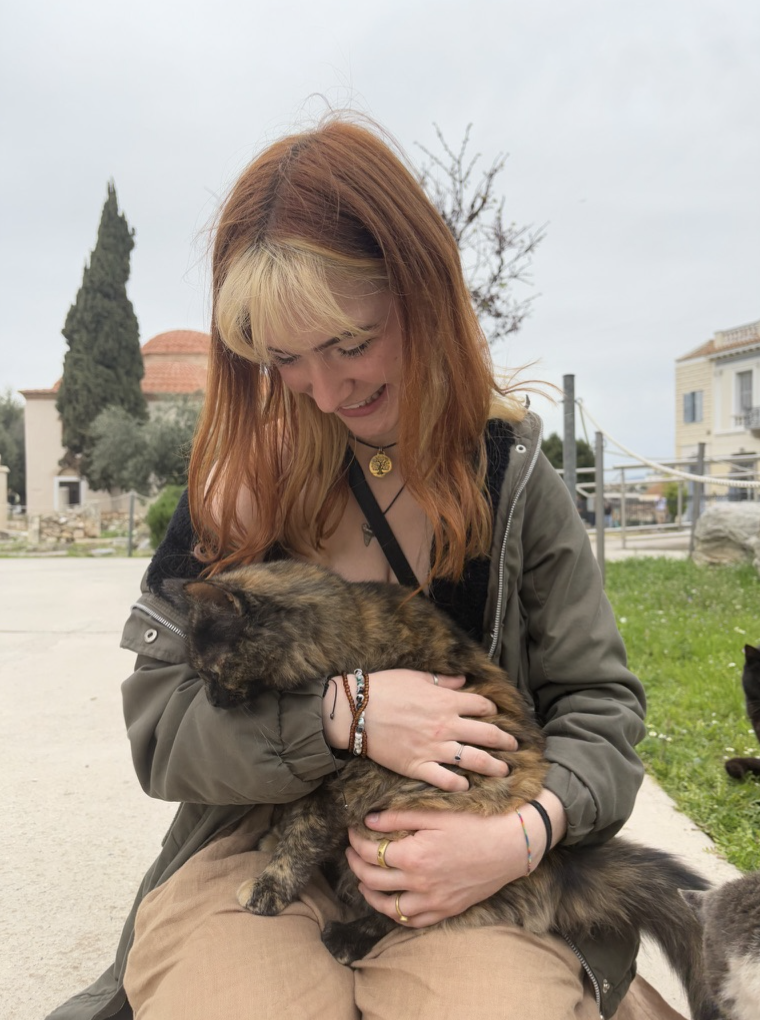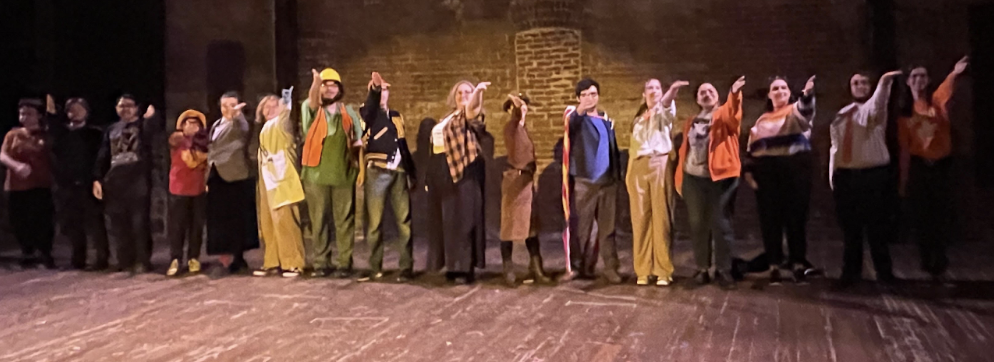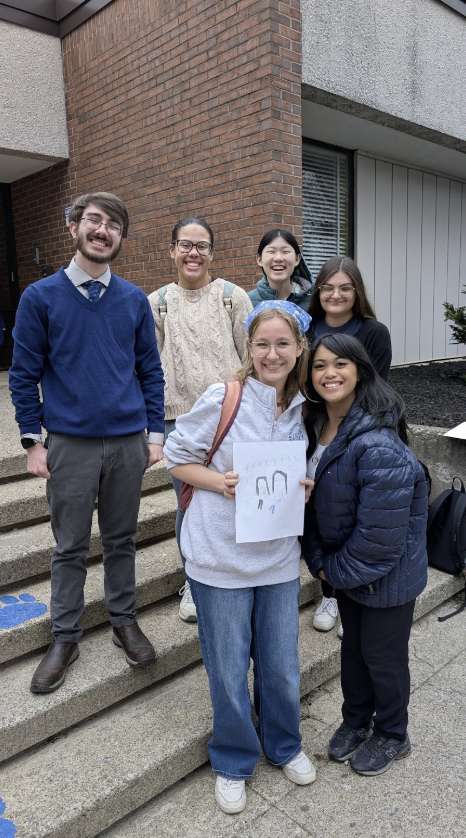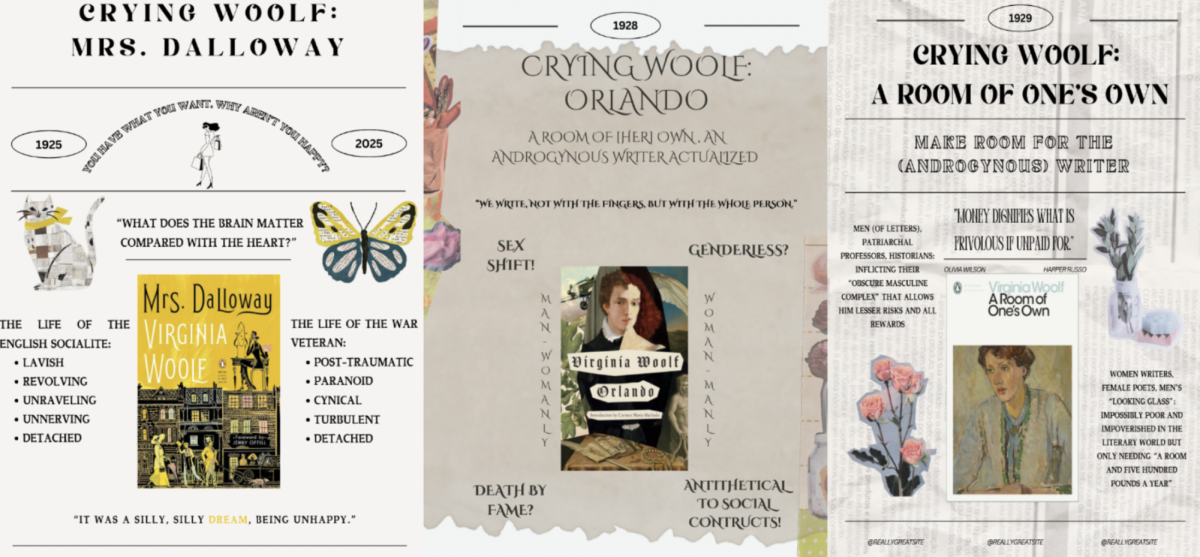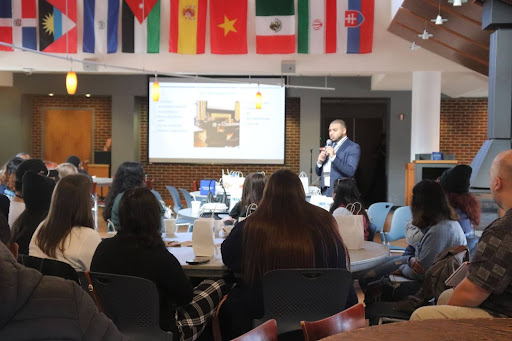
In academia, cultural diversity encompasses a spectrum of experiences, non-mainstream narratives, and abstract agendas. From critical race theory to feminist politics, academic inclusivity is slowly being given the space to thrive and document marginalized identities.
On Nov. 12, 2023, the Office of Diversity, Equity, and Inclusion (DEI) held its annual Bridging the Gap conference, hosted by Alvert Hernandez, director of Moravian’s first-generation students initiative. This year’s theme was “reclaiming our narratives,” which invited Moravian and other institution attendees to vocalize diverse experiences within academia. Concurrent workshops and discussion panels were held in PPHAC 112 and 113, where attendees engaged in various interactive sessions.
Vice President and Dean of Equity and Inclusion, Dr. Christ Hunt’s “Racial Battle Fatigue In Academia” panel explored psychological traumatic stress stemming from microaggressions, which turns into a “race-related stress response.” Originally called mundane extreme environmental stress, racial battle fatigue (RBF) was coined in 2003 by Dr. William A. Smith. The term described how microaggressions and “casual” racism operate in connection with emotional wellness. Eventually, it became a legitimate mental health concern for people of color and in ethnic communities with preestablished mental health stigmas.
Racial battle fatigue branches out into the John Henry Hypothesis, which refers to a dynamic where a marginalized individual must work twice as hard to prove themselves at the cost of physical and mental wellness. Code-switching is also a common condition among people of color. Popularized by Black writer W.E.B DuBois, code-switching refers to a double consciousness of two cultures and may be referred to as “putting on a different mask.” At the end of the presentation, Hunt offered strategies to overcome this stress response through (uncomfortable) conversations and finding power in community.
In a panel titled “Decreasing Bias: Disabilities,” Dr. Karen Cameron, adjunct professor of Occupational Therapy, talked about bias within a professional context. She started the discussion by delineating differences between impairment, disability, and handicap. According to the Centers for Disease Control and Prevention (CDC), an impairment is a structural problem with an organ that can result in a disability or a complete functional limitation when it comes to certain activities.
A handicap, a severe environmental and functional limitation, is a term that implies social stigma and societal tolerance. According to Cameron, a seemingly innocuous term can instill overwhelmingly negative societal bias in professional and educational settings. We have legislation like the Individuals with Disabilities Education Act (IDEA), which ensures disabled children receive adequate resources to get the most out of their education; however, this act was limited to primary and secondary education.
This is where the Americans with Disabilities Act and Section 504 of the Rehabilitation Act come into play; the former protects the disabled in the workforce while the latter gives disabled individuals the right to benefits and accommodations in other settings like higher education institutions.
In researching disability bias, Cameron describes the need for assistance and gainful employment that disabled individuals often do not get. Another part of her research included the social bias and negative assumptions that disabled individuals lack the capability to understand what they need. Instead of asking the disabled individual what they need, people may, intentionally or unintentionally, assume that they know how to help in that moment.
During lunch, Alvert Hernandez gave a keynote address, touching bases with Moravian, Misericordia, and Union County attendees and opening discussions revolving around higher education. Hernandez, describing his upbringing, emphasized the importance of DEI in an individual space and creating a space on your term through connecting, collaborating, and creating. He ended his presentation by introducing a Call for Action: reclaim agency, authenticity, and maximizing influence.
Professional speaker and TedX speaker Claudio J. Alejo introduced “Vieja Raices, Nuevos Frutas: Reimaginating Your Past,” and revisiting the culture of hometowns. Alejo challenged cultural tradition, norms, and expectations that don’t tend to represent individual character. Not only did he mention the cultural shifts for migrants painfully leaving their homes behind, but he unpacked the generational stump in overcoming old traditions to make room for new ones.
However, a rejection of old tradition is not a rejection of cultural identity entirely, Alejo said. In fact, he provided six ways to tap into cultural identity: embrace cultural roots, cultivate cultural resilience, (request to) unpack narratives, reframe generational perspectives, find mediums to embrace identity, and integrate cultural strength.
Alejo ended his presentation with a Spanish adage: “El que a buen árbol se arrima, buena sombra le cobija,” which in English, metaphorically translates to surrounding yourself with positive influences in order to grow.
English associate professor Dr. Waller-Peterson held a workshop on “Storytelling As A Way To Survive.”
Instead of a presentation, she gave attendees notebooks to write in, allowing attendees 15 minutes to write a segment of their survival narrative and share if they wanted. She created an intimate, cathartic space for attendees to unleash their stories and emphasized documenting emotional survival rather than internalizing burdens, which was an inspiring sentiment that ties masterfully back to reclaiming narratives.
During the concluding reflections, Hernandez brought everyone together and invited anyone to speak on their experiences and introspective expressions during the workshops. “This conference really brought people together,” said Neisha Maldonado, psychology major, ‘26. “It’s great learning about cultural expectations and being a part of workshops that touch on so much.”



